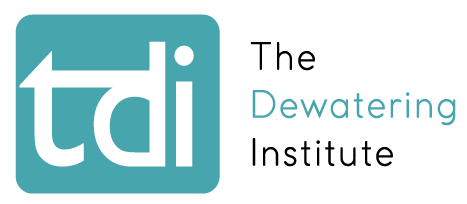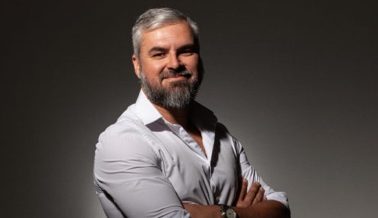Dr Kym Morton is an international expert on mine dewatering design with over 40 years’ experience on over 300 mines. Her qualifications include BSc Hons Kings College, London, MSc Hydrogeology University College London, PhD in mining hydrology Imperial College London and an MBA in innovation from Imperial College London. She is a Chartered Geologist (UK) , Fellow of the South African Institute of Mining and Metallurgy, Fellow of the Geological Society (UK), Founder member of the groundwater division of the South African Geological Society and a member of MENSA. Dr Morton is well known for her pragmatic approach to mine dewatering design and implementation which combines international hands-on experience with impeccable qualifications.

















